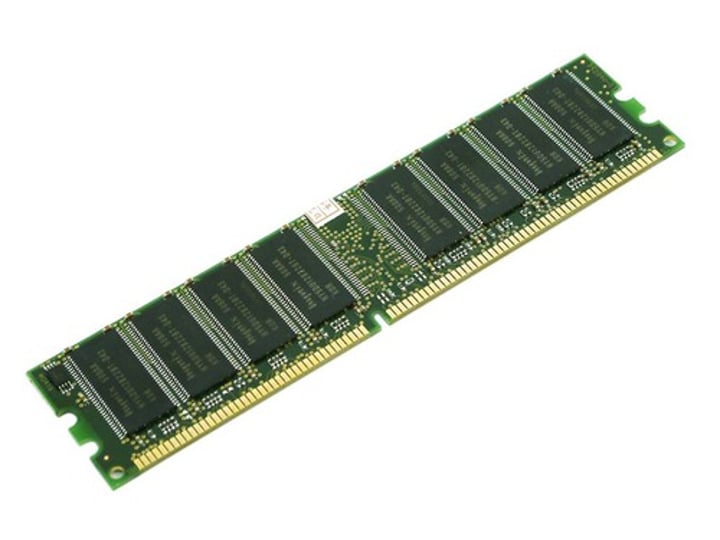Chapter 6 A+ Memory
1/25
There's no tags or description
Looks like no tags are added yet.
Name | Mastery | Learn | Test | Matching | Spaced | Call with Kai |
|---|
No analytics yet
Send a link to your students to track their progress
26 Terms
RAM (Random Access Memory)
The main type of memory found on the motherboard.

DRAM (Dynamic Ram)
Less expensive but slower than SRAM.
Leaks Out
With DRAM, the 1s and 0s must be refreshed over time. As a result, the charge, which represents information...
SRAM
A small amount of what ram can be found inside the processor?
Cache Memory
SRAM is also known as...
DRAM
Cache Memory holds the most frequently used data so the CPU does not return to slower... To obtain data.
SODIMM (Small Outline DIMM)
Laptops and printers use a smaller DIMM called a...
DDR3
Uses 240-pin DIMMS and is not compatible with DDR2 or DDR.
DDR4
Operates at a lower voltage and faster speeds than DDR3 modules. Uses 288-pin DIMMs.
DDR5
Operates at an even lower voltage and even faster than DDR4. Uses 288-pins.
Heat spreader.
A metal casing commonly on the outside of the memory module.
Non-parity
Chips that do not use any error checking.
Error Correction Code (ECC)
USes a mathematical algorithm to verify data accuracy.
Unbuffered Memory
Memory in which data is sent immediately through the memory chip.
Buffered Memory.
A memory Module that has extra chips (registers) near the bottom of the module that delay all data transfers to ensure accuracy in servers and high-end computers.
SPD (Serial Presence detect)
A module that has an extra EEPROM that holds information about the DIMM.
Dual-Channel
Handles the processing of memory requests better by handling two memory paths simultaneously.
Match
Dual channeling can increase a systems performance but only if the memory modules...
CL Rating
The amount of time that passes before the processor moves on to the next memory address.
Virtual Ram
Involves using hard drive space as if it were RAM.
Paging File
A block of hard drive space that applications use like RAM.
Performance Utility
A tab available in task manager for monitoring memory usage.
Compatibility Mode
An application/Mode available to run programs that might be older.
Virtual Machine
Allows you to reduce hardware costs by running multiple operating systems simultaneously on a single computer.
Flash memory.
A type of nonvolatile, solid-state memory that holds data even when the computer is off.
Memory Cards
Contain flash memory and are used in cell phones, digital recorders, cameras, and any mobile device.